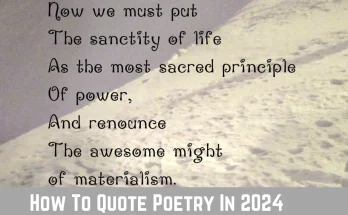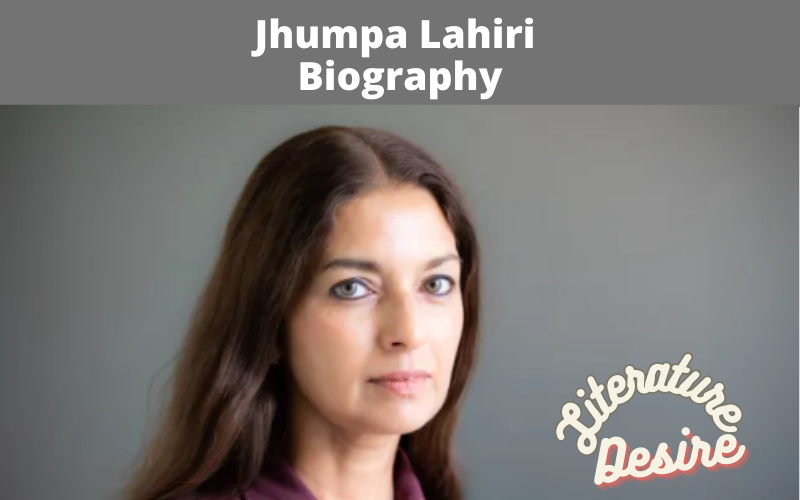Let’s dive into the summary of the Evidence of Genocide which is a remarkable poem written by Pakistani poet and Novelist in English Zulfikar Ghose. Exotic Nights, The Loss of India, and Disturbed Nights are remarkable works of Zulfikar Ghose. “Orwell and I” is an important essay by Zulfiqar Ghose.
Evidence of Genocide Summary
At the very start of this poem Zulfikar Ghose is contemplating on the condition of his village where his mother lies buried and there is desolation and destruction everywhere. The house is shuttered and everything inside the rooms is in a scattered position and messed up.
Empty rooms suggest that the people residing there have departed means that either they have migrated from there or they have died. Then the poet is talking about the weeds that have grown larger than their normal and no one is there to trim them down.
Actually, the poet is talking about the death and destruction that is caused by war. War has created so much rift and tension in the atmosphere that caused havoc with people’s lives and even with the natural surroundings. Now there are some nostalgic points about the past that are depicted in the poem. The poet is remembering his past days that were spent in that village which is shuttered and scattered now.
Read the Critical Analysis of the Evidence of Genocide
He is reflecting on the past events and is saying that the village is different from the days before when people used to stop and chat in bazaars, children played cricket on flatted grounds and even women washed clothes in a nearby stream. These are the memories of the past that were symbols of harmony, unity, and peace.
Evidence of Genocide Summary
People in the past times were so kind and respectful to each other. They used to talk to each other in order to share their griefs and pleasures. But now that wave of harmony, unity, and peace is no more to urge people to stop and chat. But now there is no sound to penetrate this ceric calm. This line is showing the painful condition that in spite of the great hustle and bustle man is aloof.
He has no time to bother about the cares and worries of other people. And in the very next line poet is depicting the cruelties of war. He is talking about the smoke that is rising from hundred fires means everywhere there is chaos, death, and destruction prevailing due to war. Even the soldiers are shouting and laughing at the death of those people whose names they never know or cared to know.
This is showing the negativity of war and that war has created so much negative effects on the human mind that people are not aware of the fact that why they are fighting and killing each other. This same concept is also presented by George Bernard Shaw in his play “Arms and the Man”. He talks about the cruelty of war and says that eight out of ten people do not know for whom they are fighting and why.
This trait of waging a war on humans makes them crueler than animals. Mark Twain, an American writer calls man crueler than animals because of traits of waging a war.
Another nostalgic note is when the poet talks about the stream that is also changed since he was born. It does not move in a steady flow rather it becomes like a thick fluid that is gradually going to stop. Symbolically the stream and its water is a symbol of life to plants, animals, and humans but that life is no more steadily flowing.
Evidence of Genocide Summary
The villagers who were its inhabitants no longer live here. They have died or have departed to other places. People have to leave their houses forcefully. The trees and the birds also have departed and their songs seem to be a matter of the past. They do not seem to sing their beautiful songs. Now the poet is moving toward the effects of war.
The air is filled with the heavy odor of dead bodies that are burnt naked. The heavy odor of air that is filled with dead bodies is also accompanied by the smoke that is rising from fields and empty homes. Empty homes suggest a level of destruction and havoc that is resulted due to war.
The last lines of the poem are attaining the attention of readers that there is ample evidence of genocide means mass killing on a large scale but no one cares about this mass destruction or is ready to take the blame. The killers are freely moving in the mountains enjoying their lives. It is because no one is there to ask about these mass killings.
Remember that it is some tyrant minds that are behind waging a war due to their social or political interests but it is the worst dilemma that no one takes the blame or cares about that. While victims of this mass destruction are dead faceless or left handicapped of doing anything in their lives



